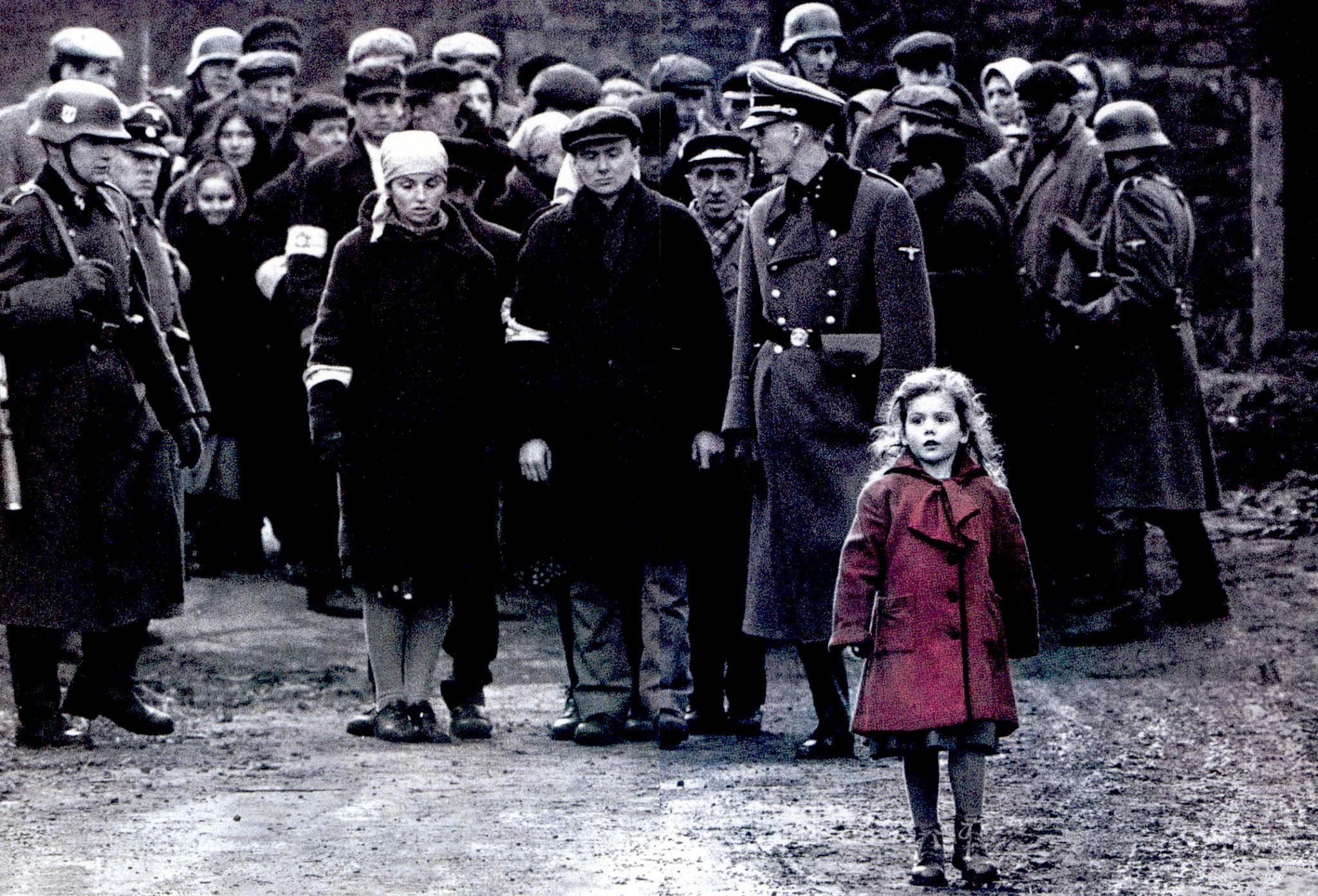How many readers have heard of Witold Pilecki, I wonder? Not many, I would guess. But then few people anywhere have even heard his name. Yet he has been described as “one of the greatest heroes of Poland, Europe and the entire free world in the twentieth century.”
My column
A story to inspire the human race
Also in News
- Spain wants Britons to show they have 113.40 euros, £97, per day for their holidays
- Major security alert at Mallorca airport, surprise landing of flights from Morocco and Namibia
- Big changes on the horizon when Britons travel to Mallorca
- Over two hours for Britons to get through Palma airport queues
- Watch those prices in Mallorca


No comments
To be able to write a comment, you have to be registered and logged in
Currently there are no comments.